Single & Multiple Teeth Dental Implants

Dental implants are basically artificially made tooth roots which are implanted in your gum tissue and once they are in place, they basically perform all the functions of natural tooth roots.
- They are also used to support all kinds of dental restorative procedures for both single and multiple teeth replacement.
- They also help in stopping gum recession and bone loss in teeth.
In case of missing single tooth, a single dental implant is used to support a dental crown. The crown is tailor-made to fill the gap in your teeth. Since this is specifically done in cases where a single tooth is the source of the problem it is known as a single tooth implant.
In case you have missing multiple teeth, dentists often advise the use of multiple dental implants. These various dental implants help in supporting appliances ranging from a dental bridge to full and partial dentures. The extent of damage in your teeth determines the appliance that will be used.
The number of dental implants to be used is solely the dentist’s discretion. Dentists try and keep the number of implants to a minimum since spacing out the implants allow perfect anchoring for bridges and dentures.
When Do You Need Single/Multiple Teeth Dental Implants?
Dental implants are necessary in cases when despite having missing teeth you do not want to opt for dentures or bridges. It’s imperative that something is done to replace lost teeth since not doing anything about a missing tooth can cause severe dental health problems
Dental implants play an extremely significant role in configuring your dental health. They help you maintain a healthy bite force by keeping all teeth in their place. They help your jawbone stay healthy and they stop bones from deteriorating.
Dental implants also have great aesthetic value. You might be feeling conscious about your smile and dental implants are the perfect way to get rid of that anxiety. They are a necessary boost to your self-confidence and they allow you to smile and laugh without worrying about how your teeth are appearing. They blend seamlessly with your natural teeth and don’t stick out like a sore thumb.
Call Us
080 55440120
OR
Book an Appointment
Case 1
BEFORE
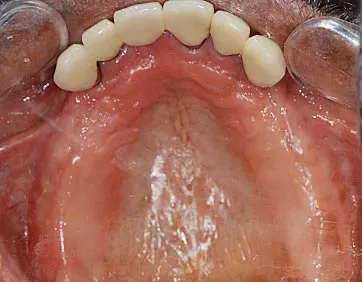
AFTER
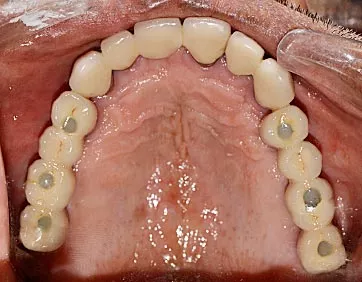
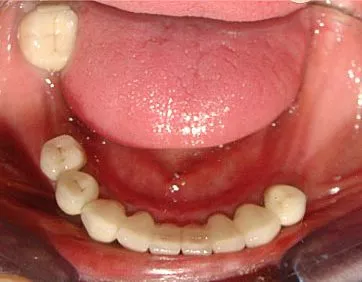
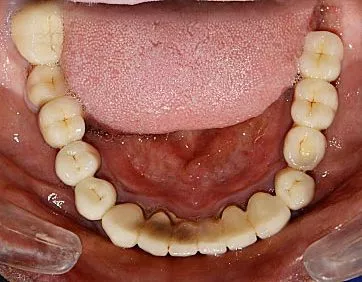
More Snaps After Treatment
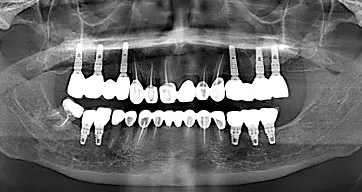
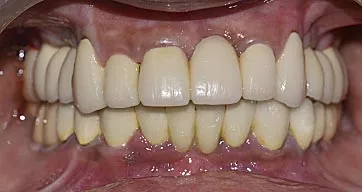

” This patient reported with multiple missing teeth. Implants placed in maxillary and mandibular arch, multiple root canal treatments and ceramic crowns done and full mouth rehabilitation completed. “
Single/Multiple Teeth Dental Implants - Post Recovery Instructions
- You will need to have cold liquids for 4 to 6 hours after the surgery. These cold liquids will allow clotting and reduce discomfort. After 24 hours, you can eat something warm and for the following week, you should opt for a soft diet.
- There might be minimal swelling after the surgery. Use an ice pack to reduce the swollen area, especially in the morning after you wake up.
- There will be some blood in your saliva initially however keep swallowing to control the bleeding.
- After the first 24 hours, you can get back to your normal brushing routine. However, you should not floss. Maintain proper oral hygiene and you will definitely recover faster.
Case 2
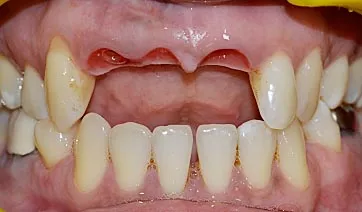
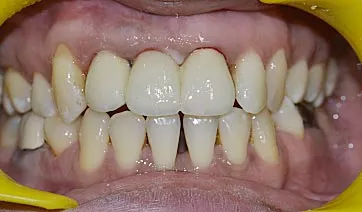
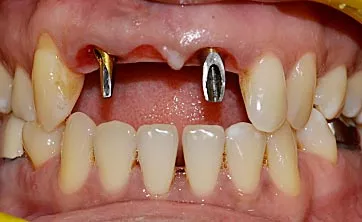
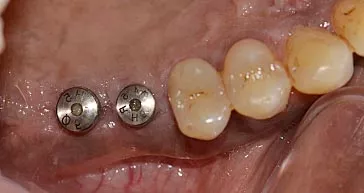
” This patient reported with missing front 3 teeth secondary to failed root canal treatment. Two implants were placed and 3-unit fixed teeth were placed taming the gingival tissues to get the perfect gingival architecture. “
Case 3
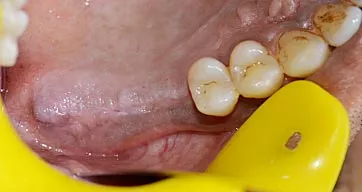
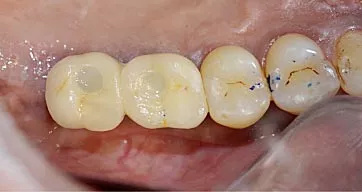

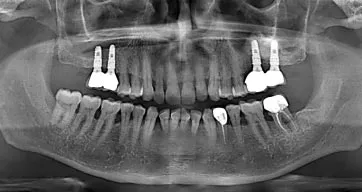
Single/Multiple Teeth Dental Implants – Procedure
- The Dental implant is placed into the jaw bone under local anaesthesia and an immediate temporary crown is placed in most of the cases for functional and aesthetic reasons.
- Once the implant is put in your jawbone, the osseointegration process begins during which the jawbone unites with the dental implant surface. This can take several months to happen properly.
- The common practice at Dixit Dental Care is to place the healing abutment immediately after the placement of implant to avoid stage II surgical intervention.
- If your jawbone is too soft or inadequate (quality and quantity), you might require bone grafting during implant surgery. This is because your mouth’s chewing action puts a lot of pressure on your bone and the surgery will fail if it’s unable to support the implant. A bone graft creates the solid base that the implant needs. A bone might be taken from another part of your body or artificial bones can be used.
